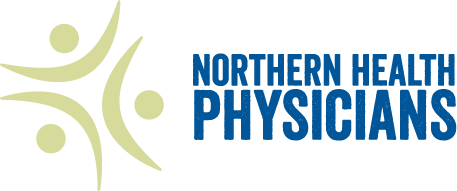Canada is set to legalize non-medicinal cannabis October 17, 2018. This change impacts our staff; physicians; our patients, residents, and their families. In anticipation of this, we would like to confirm that this change does not influence expectations for coming to work fit for duty.
Both Northern Health and its physicians have a responsibility to ensure the workplace remains free from adverse health effects, including impairment from alcohol, cannabis or any other mood altering substances.
NH is committed to enhancing awareness of the effects of substance use and supporting employees struggling with substance use problems:
- If you require support, need to disclose substance, or prescription/authorized drug use, or have questions please contact: disabilitymanagement@northernhealth.ca or call 1-844-649-7500, Option 0.
- NH’s Employee and Family Assistance Program has tools on substance use and establishing a supportive workplace that promotes healthy living.
Staff who provide care to our patients and residents, and who work with their families, are asked to review resources to support practice. You are responsible to:
- Ask about cannabis use (and all substances) regularly.
- Know the effects of cannabis use on health.
- Provide information on lower-risk ways to consume cannabis for people who are using cannabis. See Canada’s Lower-Risk Cannabis Use Guidelines.
- Provide information on community resources, local programs, treatment options or online/web-based tools for clients seeking more support for themselves or their loved ones.
- Be flexible in your approach. Consider brief action planning, motivational interviewing, trauma informed practice, cultural safety and cultural humility, and harm reduction. (Modules available on Learning Hub and OurNH)
- Use health promoting and non-stigmatizing language when discussing substance use. For example: be hopeful, don’t use labels, and remember the person is the driver of their own care.
- Enhance, collaborate and/or coordinate prevention and promotion efforts into current early intervention and treatment approaches.
- Continue to build and align evidence informed prevention, promotion, early intervention, screening and treatment options across the north and provincially.
- Managers and teams are encouraged to review current clinical support tools and ensure that they include appropriate substance use assessments.
Resources to support practice
- OurNH Cannabis hub (practice support tools, pamphlets and handouts for clients, education opportunities, guidelines, reports, useful links).
- Lower Risk Cannabis Use Guidelines – Guidelines to support harm reduction for folks who are using cannabis.
- Canadian Public Health Association – Cannabis Hub – An external resource hub with screening tools, public health position papers, clinical tools, and other general information.
- Doorways to Conversations: A resource to support conversation skills for health providers wanting to talk about substance use with the people they serve. Speaks to the primary care setting and brief intervention practices.
For more information
For more information on the Substance Use by Staff Policy or providing care, please contact your Chief of Staff. You may also view the cannabis FAQ document.
Background
Dried cannabis, cannabis oils and cannabis seeds will be legalized in Canada on October 17, 2018. Public health authorities across Canada, including NH’s Medical Health Officers, support this change. Potential benefits of legalization include:
- Decreased use of cannabis among youth
- Safer products with known potency
- Increased control over advertising and distribution,
- Reduced stigma
- Reduced enforcement costs.
The BC government has outlined the provincial regulatory framework, which sets the stage for the legal and responsible use of cannabis by British Columbians. British Columbia’s top priorities are:
- Protecting young people
- Promoting health and safety
- Keeping the criminal element out of cannabis
- Keeping our roads safe
- Supporting economic development
BC’s Approach to Cannabis Legalization – provides an overview of the regulatory framework for BC.
Cannabis Stats Hub – provides information in four topics: health, justice, economy and prices which visitors to the site can see provincial rates.
